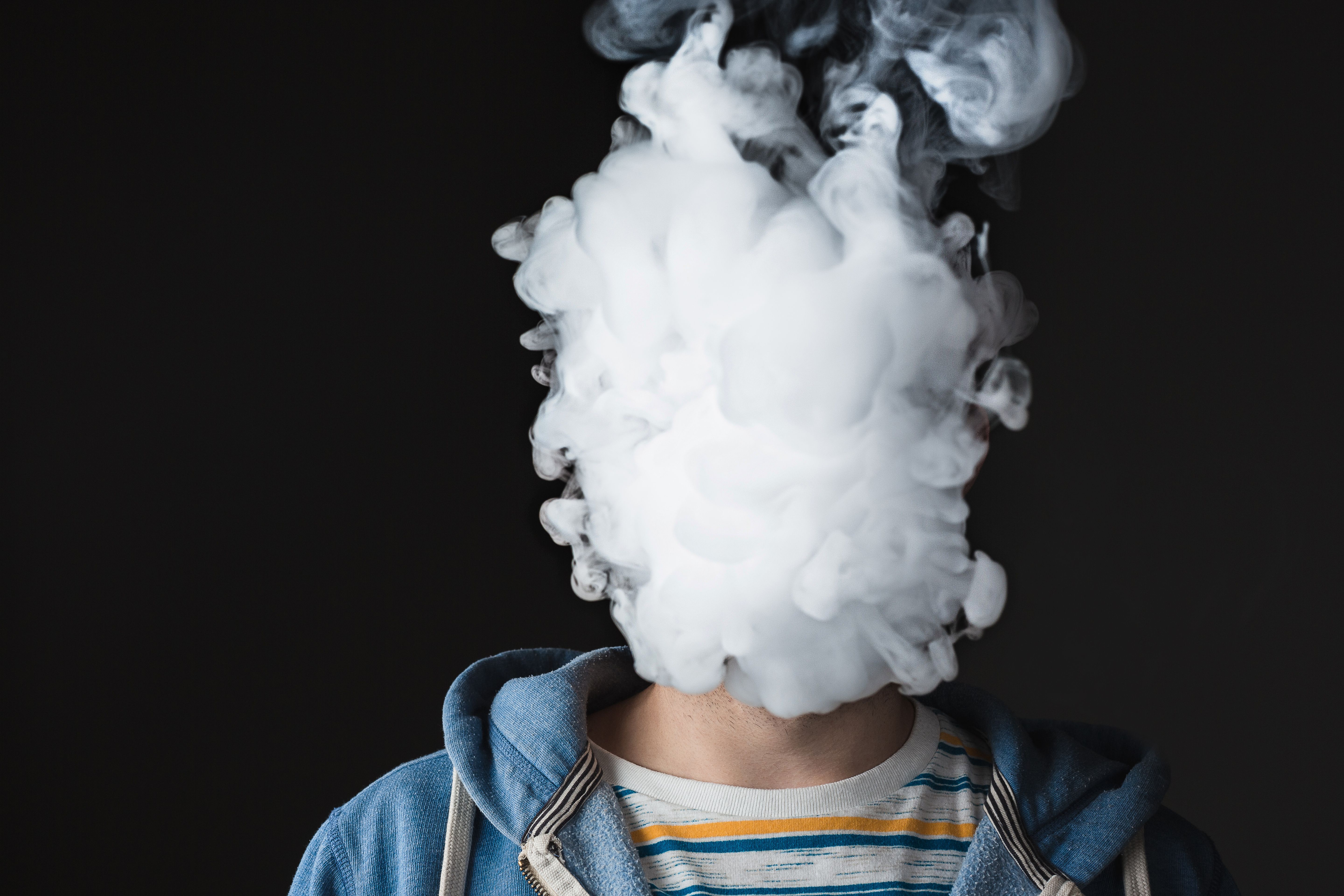- Clinical Technology
- Adult Immunization
- Hepatology
- Pediatric Immunization
- Screening
- Psychiatry
- Allergy
- Women's Health
- Cardiology
- Pediatrics
- Dermatology
- Endocrinology
- Pain Management
- Gastroenterology
- Infectious Disease
- Obesity Medicine
- Rheumatology
- Nephrology
- Neurology
- Pulmonology
Depression, Anxiety More Common Among Teenagers, Young Adults Who Vape Marijuana and Nicotine
About 60% of dual vapers experienced depression and 52% experienced anxiety, according to findings from a survey of over 2500 youth and young adults.

Youth and young adults who report vaping nicotine, marijuana, or both are significantly more likely to experience anxiety and depression compared with never vapers, according to new survey data.
In a survey of more than 2500 teenagers and young adults, researchers also found that dual use of nicotine and marijuana vaping products may compound the addictive nature of vaping or attract those more prone to addiction, as well as have an impact on depression. The findings were reported at the American Heart Association’s Epidemiology, Prevention, Lifestyle & Cardiometabolic Health Scientific Sessions 2023.
“Younger people have long been vulnerable to tobacco use, may experience greater harm from nicotine and other drugs and may be targeted by tobacco advertisers and marketers,” said study author Joy Hart, PhD, a professor of communication at the University of Louisville in Kentucky, in an AHA press release. “E-cigarette devices are still relatively new compared to other tobacco products, such as combustible cigarettes and pipes, so more research is needed to try to better understand the popularity of e-cigarettes, including reasons for vaping and the associated health risks among youth.”
Hart and colleagues conducted a national online survey among 2505 youth and young adults aged 13 to 24 years during June and July 2022, with all participants recruited via an online panel. Participants received an incentive to complete the survey; researchers obtained parent consent for minors and informed consent from participants. The analysis focused only on the 1762 participants who were current vapers of either or both substances, defined as those who vaped in the past 30 days, or never vapers. Investigators stratified respondents by nicotine-only vapers (n=370), THC-only vapers (n=159), dual vapers of nicotine and THC (n=830) and never vapers (n=562).
The research team found that dual vapers were significantly more likely than nicotine-only vapers to indicate addiction to nicotine, defined as waking up at night to vape (55% vs 45%, P<.05). Investigators observed that both vaping groups, nicotine-only and nicotine-THC, were significantly more likely than never vapers to report mental health concerns. Anxiety was more prevalent among dual vapers (60%) and nicotine-only vapers (58%) compared with never vapers (43%; P<.05). Depression was more prevalent among dual vapers (52%) and nicotine-only vapers (53%) than never vapers (25%; P<.05). Also, reports of suicidal thoughts were more prevalent among dual vapers (51%) and nicotine-only vapers (53%) compared with never vapers (33%; P<.05).
Hart and colleagues found 24% of dual vapers and 28% of nicotine-only vapers started vaping nicotine to calm down, feel less stressed or anxious and 30% of dual vapers and 35% of nicotine-only vapers continued to vape for those same reasons. Additionally, 19% of dual vapers and nicotine-only vapers reported they started vaping to help feel less depressed, and currently vaped for this reason (20% of dual vapers, 21% of nicotine-only vapers).
Dual vapers were more likely than nicotine-only vapers to say they were less depressed after starting vaping (46% vs 31%; P<.05), whereas nicotine-only vapers were more likely to say vaping had no impact on their depression vs dual vapers (38% vs 27%; P< .05).
“Although we knew that THC was commonly vaped, we were surprised to have so many dual vapers—more than double the nicotine-only vapers. Dual use may either compound the addictive nature of vaping or attract people who are more prone to addiction, as well as have an impact on symptoms of depression. These findings suggest the importance of addressing the use of THC and the need for building resilience and coping skills for teens and young adults,” continued Hart in the statement.
The study had limitations: the use of cross-sectional data did not allow researchers to assess whether symptoms of anxiety and depression, and suicidal thoughts, were caused or exacerbated by the use of the THC and nicotine vapes, or whether the existence of those symptoms had an effect on the use of the vape products; collecting online data via a web-based panel meant that participants may not be representative of all US teens and young adults; and the data were self-reported, according to the press release.
Reference: Willett J, et al. Abstract 602. Mental health differences by vaping behavior observed among youth and young adults. Presented at: Epidemiology, Prevention, Lifestyle & Cardiometabolic Scientific Sessions; February 28-March 3, 2023; Boston, Massachusetts.
